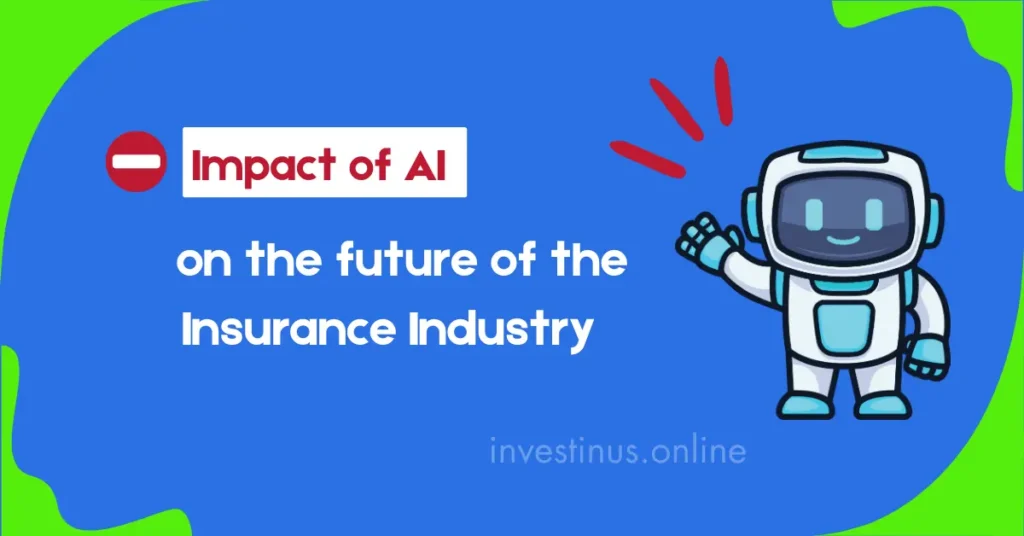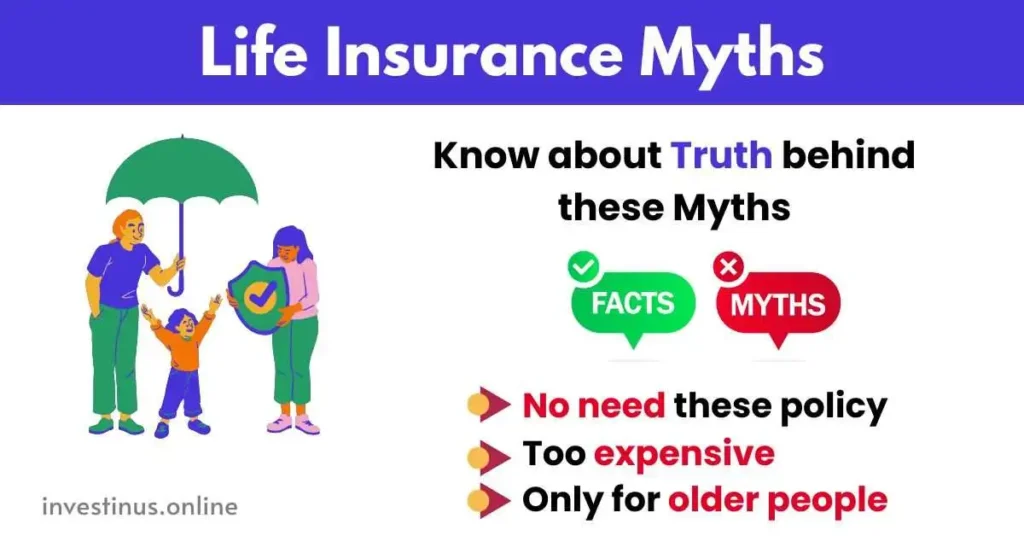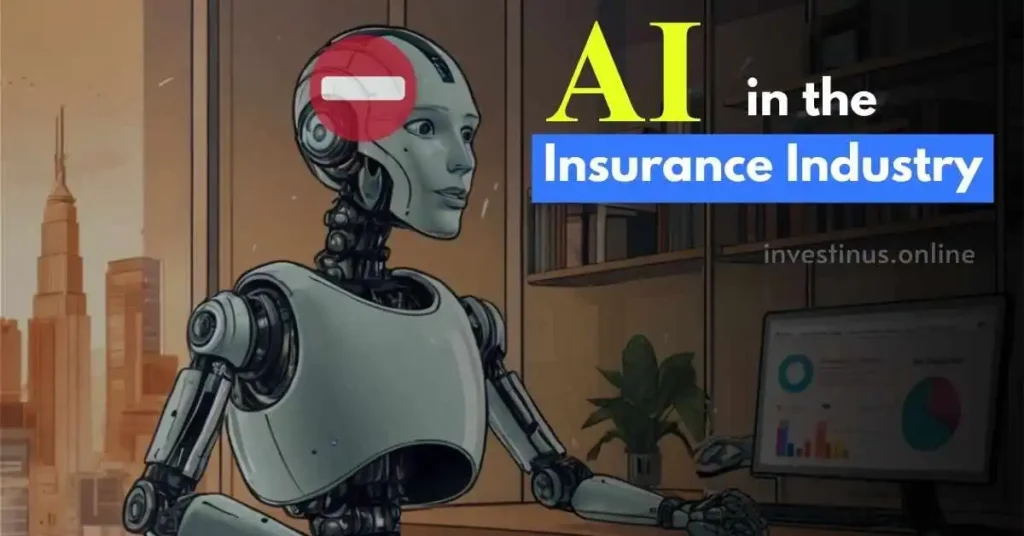At this time, AI technology is used also in insurance industries, but there are some negative factors that you should definitely know.
AI is changing the insurance industry by making things easier and faster. It helps process claims, detect fraud, and assess risks more accurately. AI chatbots improve customer service by giving quick answers and support. It also helps recommend and price policies to fit individual needs, making customers happier. Overall, AI makes the insurance industry more efficient and innovative.
These are the positive side, but there are many negative impacts of AI on the Insurance Industry. Here in this blog post, you can learn about the possible downsides of AI in the insurance industry, So let’s discuss the negative Impact of AI on the future of insurance based on an insurance research paper.
Also Check:
AI in Insurance Case Study – Negative Impacts
Artificial Intelligence (AI) is making the insurance industry faster and more accurate. At this time it is challenging for human beings because it has also the following drawbacks. To see the negative impact of AI on the future of insurance essay, following are the some major points regarding artificial intelligence in the insurance sector
Job Displacement
Artificial intelligence is changing the whole job culture in the insurance industry, work in the insurance industry such as handling claims, assessing risks, and helping customers is totally automated now by AI instead of numbers of people.
In this sector, AI is transforming the way that work is done. Artificial intelligence (AI) is replacing humans in jobs like risk assessment, claim handling, and customer service. Many tasks that were formerly performed by humans, like as managing claims, assisting clients, and evaluating risks, are now handled by AI.
This change indicates a decline in the demand for some positions, particularly administrative ones. Although AI speeds up and lowers the cost of procedures, it also creates worries about job loss.
Businesses must create methods for productively integrating AI and humans and train workers for new positions. This is necessary to ensure that people still can work in the insurance sector and to adjust to these changes in the insurance landscape.
Also Check:
Privacy Concerns
Public privacy concerns are the most significant in every industry, but in this case, it is too challenging for human beings. AI automation systems need a lot of personal data, like medical records and financial details to analyze data for processing, which can be at risk of being hacked if not well protected.
The collected data by AI can feel intrusive to everyone because people may not know what exactly and how their information will be used in this system. And AI can also use biased data, leading to unfair treatment and discrimination. There’s also the risk that insurance companies might misuse AI to overly monitor customers through data from devices or social media, creating a feeling of being watched.
Here are usually gaps in privacy protection because AI is developing more quickly than standards. These issues show how important it is for the insurance sector to have transparent, equitable AI policies and strong security of data.
Also Check:
Bias and Discrimination
Due to the use of AI in the insurance industry, the system has improved many processes of work but also it has faced problems with bias and unfair treatment. Because the AI systems learn from past data, which can include biased information.
It means that if data shows that certain racial or economic groups are being treated unfairly, AI may continue to treat these groups unfairly by charging them higher premiums. The complexity of AI makes it difficult to identify and correct these biases.
Because of this system, peoples faces some disadvantages such as facing higher costs or being denied coverage unfairly. To solve these problems, we need to make AI systems transparent, regularly check for biases, and use fair data to ensure everyone is treated equally by insurance companies. This is possible but very slowly by improving AI technology.
Also Check:
Loss of Human Touch
The use of AI in the insurance industry has increased hence personal interactions reduced. In the past, insurance agents would personally help and understand each client’s unique situation.
Now, many tasks are done by automated systems and algorithms. This makes the process feel less personal because customers often interact with chatbots instead of real people. While AI makes things more efficient, it doesn’t have the empathy and understanding that human agents provide. As a result, customers might feel disconnected and undervalued, being treated more like numbers than individuals with unique needs.
Also Check:
Overreliance on Technology
If any new technology such as AI is invented and many industries use that technology in large amounts is not good. because it brings several problems. While AI makes things faster, and more efficient, also performs many tasks such as analyzing data, processing, etc. but depending on it too much can be risky.
For example, if we rely only on AI, we might miss important human judgment, leading to biased decisions that could harm certain customers. There’s also a bigger risk of cyberattacks, as AI handles a lot of sensitive data.
Additionally, sticking too much to AI might stop companies from trying new and different ideas. So, while AI is powerful, it’s important to balance it with human skills and strong cybersecurity to avoid these issues.
Also Check:
Conclusion
In conclusion, while AI has the potential to significantly enhance the insurance sector by accelerating processes and increasing accuracy, some drawbacks need to be taken into account.
AI may result in the loss of jobs, privacy problems, and discriminatory treatment of some populations. Over-reliance on technology can also lead to issues if systems malfunction or are compromised.
People working in the insurance sector must strike a balance between employing AI ethically and responsibly. By doing this, we can lower the dangers and make everyone’s future safer and more equitable.
FAQ’s
Using AI in the insurance industry has several risks to face in AI systems, including privacy concerns, Meeting regulations is complex as AI evolves, needing careful attention to laws. Job loss and cyber risks also pose challenges, while using AI ethically is crucial for fairness and respecting people’s rights.
AI will change insurance by making things faster, improving how insurers help customers, and catching fraud better. It will also help companies understand risks and run smoother, following rules easily.
Gen AI will transform insurance by automating processes, enhancing customer service, improving risk assessment, and strengthening fraud detection, ultimately enabling insurers to operate more efficiently and effectively.
Insurance won’t be replaced by AI entirely, but AI will significantly change how insurance works by automating tasks, improving customer service, and enhancing risk assessment and fraud detection.
ai for insurance agents
ai insurance coverage
ai in insurance use cases






